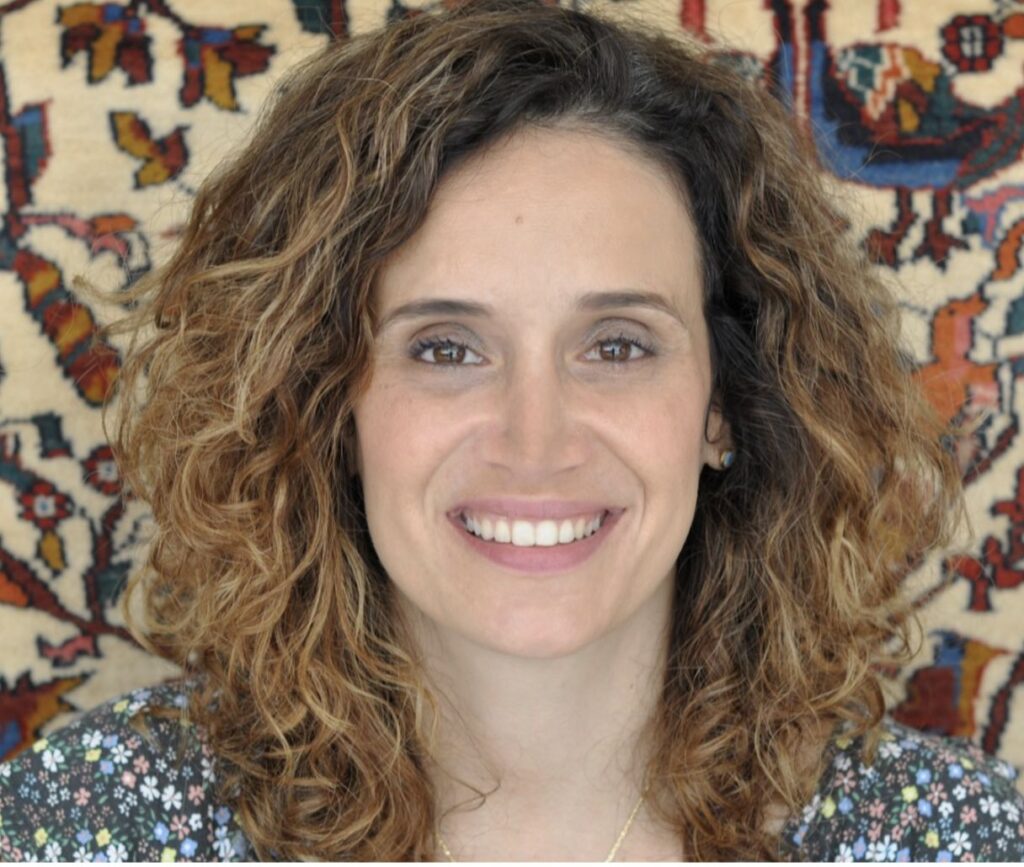The Role of Women in Reconciliation and Peacebuilding

In a youth session on transitional justice and collective memory, young people in Lebanon addressed a topic often marginalized in post-conflict discourse: the pivotal role of women in preserving memory and building peace. Through storytelling and dialogue, 11 young men and women from diverse backgrounds, genders, and abilities came together to learn about Lebanon’s past and the essential contributions of women to its future.
The session began with participants sharing family stories passed down about the Lebanese Civil War. Through dramatic activities and open discussions, they came to understand the importance of collective memory, and how it can either serve as a tool for healing or deepen divisions, depending on how inclusive and just it is.
The youth explored and compared their diverse narratives in a discussion that revealed the deep wounds left by the Lebanese Civil War (1975–1990), many of which remain unhealed. These include ongoing political, social, and economic challenges. They also addressed the exclusion of women from peace agreements, such as the Taif Agreement, and decision-making spaces, despite their significant roles in local communities during the war and in the peacebuilding process.
The group tackled issues often omitted from history books or public discourse, such as the concept of collective memory and the vital role of women in preserving it. They cited examples like the mothers, wives, and daughters of the disappeared, who led a long struggle for truth and peace across all segments of society. They emphasized that transitional justice goes beyond legal trials and must also include the creation of a collective memory that honors all victims, regardless of background or circumstance. “Memory is not merely a recounting of the past, it is a powerful tool for reshaping the present and building a more just future.“
At the end of the session, the youth drafted a letter to the Lebanese Parliament, stressing the importance of involving women in decision-making, peacebuilding, and the documentation of their experiences, free from gender-based exclusion and the monopolization of history and policy making.
This session revealed the immense potential for reasoned dialogue among Lebanon’s youth. It also highlighted the need to continue creating such educational spaces, where historical silences are broken, critical thinking is encouraged, and collective responsibility is strengthened.
Sustainable peace is not just about ending violence, it requires the active participation of new generations, especially marginalized groups, in shaping collective memory, learning from the past, and avoiding the repetition of past mistakes. Only through this inclusive process can Lebanon move from fragile coexistence toward genuine reconciliation.
In a country still grappling with the legacy of war, empowering youth to engage with memory and justice, while honoring the leadership of women, is not a luxury, but a necessity for achieving lasting peace.
